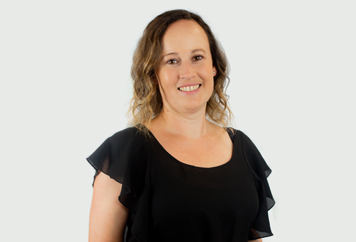Are you looking to buy a house with your family or friends and need assistance understanding the legal implications?
Contact Property Law expert, Marie Hansen today.
email Marie
+64 9 837 6835


4 October, 2021 | Marie Hansen
Reviewed and updated March 2025
For those that are not married and not in a relationship (in which case you need specialist relationship property advice, see: What is a Contracting Out Agreement?), group purchases can be easily achieved, and we always recommend that a property sharing agreement (“PSA”) is drawn up to establish the ownership and ongoing management of the property.
Without a PSA, there is a risk that co-owners will have different understandings about each parties’ rights and obligations, causing disputes down the track. If one co-owner defaults on their obligations, then without a PSA, the other owner(s) may be left to pick up the pieces.
A property sharing agreement is the governing document between the co-owners. It usually deals with the following issues:
There are two forms of ownership, either joint tenants or tenants in common.
When you are purchasing with friends or family members, your ownership would usually be as tenants in common, where you specify what percentage or share of the property is owned by each party on the title. In the event of the death of one of the owners, their share of the property forms part of their estate – and is distributed according to their will or the Administration Act if there is no will.
The shares can be determined by you, once you know who is contributing what to the purchase of the property.
For example, if there are three people buying the property and contributing to the purchase equally, they would usually be tenants in common with a 1/3 share each.
Generally, your ownership shares will reflect the contribution you have made. However we draft each PSA specifically to fit the arrangements you have chosen.
A PSA will set out each co-owners’ obligation to pay the mortgage and other outgoings. Usually the amount of mortgage and outgoings that you pay will be proportionate to your ownership share. Again, bespoke arrangements can be implemented.
It is important to realise that the bank will treat you all as jointly and severally liable for the mortgage, so without a PSA in place, if your co-owner were to default on their share of the mortgage repayments, the bank will chase you for their share. A PSA would usually include the requirement that each co-owner indemnifies the others for any mortgage default, and allow you to recover any losses out of the defaulting co-owners share if the property is sold.
If one party is going to live in the property, then the other parties would want to be paid some form of rent. In most cases, the parties would obtain a rental valuation and the party living in the property would pay this (less their ownership share percentage). Again, this is completely up to the co-owners to agree on.
A PSA will always have a process setting out what happens if one party wants to sell or a co-owner passes away. This usually gives other co-owners the option to buy that share. If another co-owner does not wish to buy or isn’t able to buy, then the property would be sold with the funds distributed in accordance with the co-owners’ shares.
Having a PSA in place will avoid most disputes between co-owners. Conversely, without a PSA there are many opportunities for disputes to occur given the high level of co-operation required between co-owners.
We can draft a PSA to reflect whatever arrangements you and your fellow co-owners make. However, if your interests are not the same (you have different rights and obligations under the PSA, or one co-owner appears to benefit more than another), then some or all co-owners may need to get independent advice on whether the PSA is in their interests.
For assistance with a property sharing agreement, complete the form below or contact Marie Hansen by email marie.hansen@smithpartners.co.nz